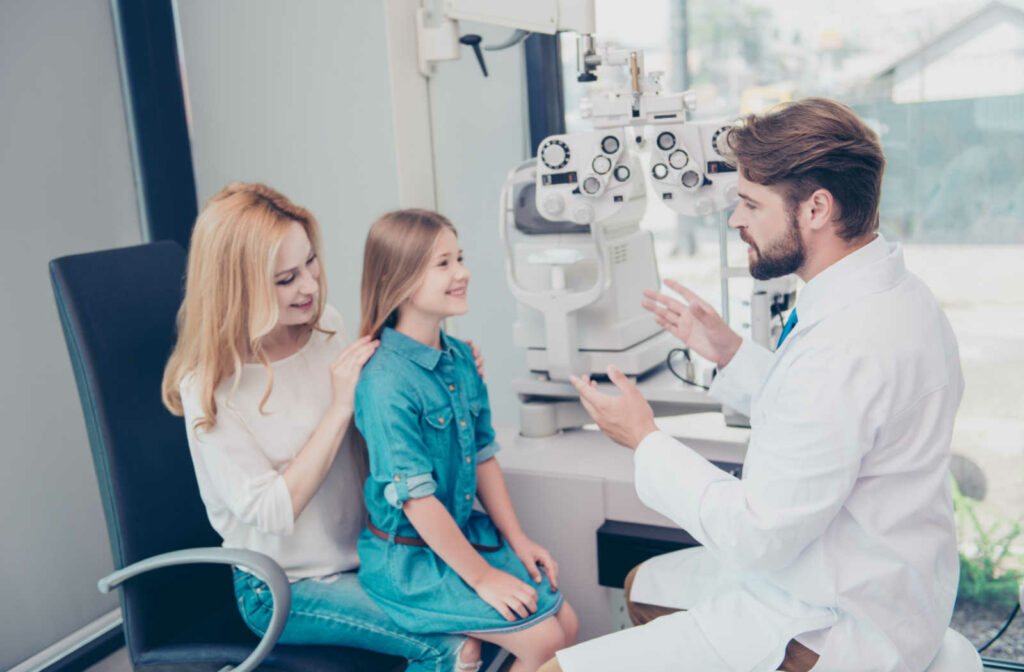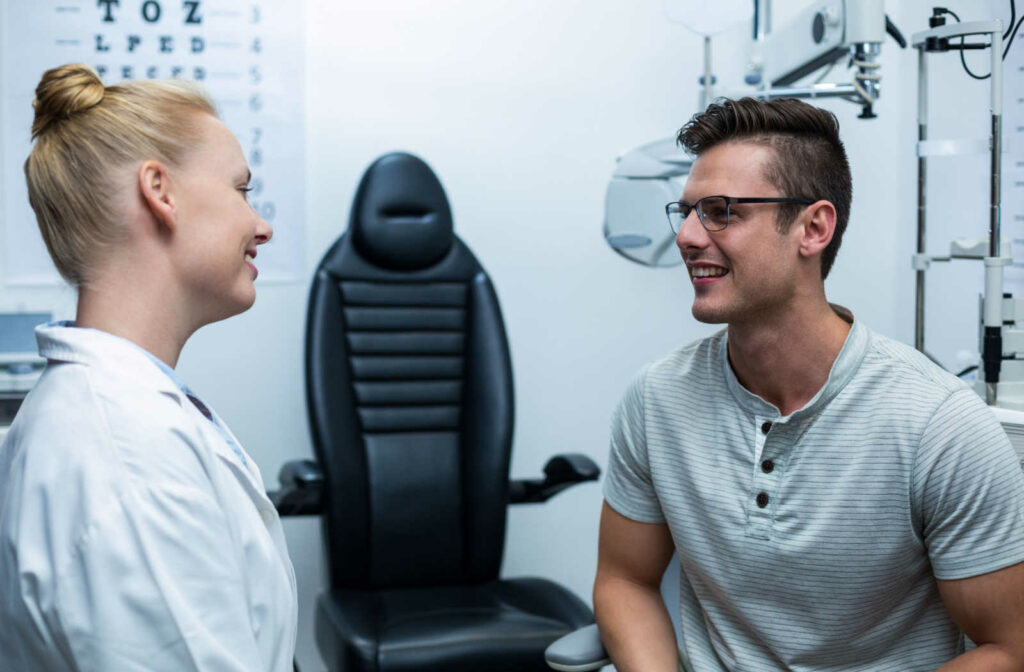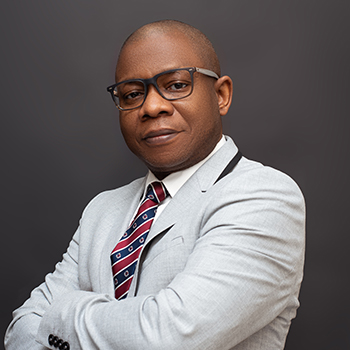Do you know when your last eye exam was? Chances are, if it’s been more than a year or two, you are due for a visit with your eye doctor. In general, it is recommended that most people get a comprehensive eye exam every 1-2 years. However, depending on your individual vision and health needs, you may need to see your eye doctor more frequently.
It is a common misconception that you only need an eye exam if you have experienced changes to your vision. Routine eye exams are the best way to monitor your eye health and vision, and they can also provide valuable insight into your overall health.
Why Do I Need an Eye Exam?
Routine eye exams are essential for maintaining healthy eyes and clear vision to last a lifetime. During a comprehensive eye exam, your eye doctor will conduct a full evaluation of your eye health and vision.
An eye exam can provide valuable insight into your overall health and play a key role in detecting and diagnosing a number of eye-related and general health conditions, including:
- Age-related macular degeneration
- Cataracts
- Certain cancers
- Diabetes & diabetic retinopathy
- Glaucoma
- Hypertension
Early diagnosis and treatment are important for effectively managing many of these conditions. For example, both age-related macular degeneration and glaucoma are potentially vision-threatening conditions that are most often only detectable through an eye exam during their earliest and most treatable stages.
How Often Should I Get an Eye Exam?
Based on the Canadian Association of Optometry’s guidelines, you should get an eye exam every 1-2 years, depending on your age group:
- Infants, toddlers & preschoolers: Infants should have their first eye exam between the ages of 6-12 months and at least one other eye exam between the ages of 2-5 years old.
- School-age children: School-age children (6-19) should have their eyes examined every year.
- Adults: Adults (20-64) should have an eye exam at least every 2 years.
- Seniors: Seniors (65 and older) should have their eyes examined at least once a year.
While these guidelines may be used as a starting point by your eye doctor, there are additional factors that need to be taken into consideration for how often you need an eye exam. This includes things like your vision needs and health status.
Eye Exams for Infants & Toddlers
Taking your child for their first eye exam between the ages of 6-12 months is an important step in ensuring that your child’s eyes are progressing as expected. During your child’s first eye exam, their eye doctor will monitor for signs of alignment issues like strabismus (crossed eyes) and amblyopia (lazy eye). With early intervention and treatment, these conditions can most often be improved, and in some cases, resolved.
After their first eye exam, children should have at least one additional exam between the ages of 2-5. Your child needs to check in with an eye doctor during these key developmental years to monitor for vision problems, as vision problems can have an impact on how your child develops essential functions like hand-eye coordination and depth perception.

Eye Exams for Children
Once children are old enough to start school, usually around the age of 6, they should start seeing their eye doctor yearly. A classroom environment can be demanding on your child’s vision, and untreated vision problems can have an adverse impact on your child’s ability to succeed in school. According to the Government of Ontario, 1-in-4 school-aged children have an undetected vision problem that impacts their ability to learn.
Children, especially young children, may have trouble identifying or expressing that they are experiencing vision problems. Because of this, it is important to stay up-to-date with your child’s yearly eye exam and watch for signs of potential eye problems, including:
- Holding objects too close or sitting too close to the television
- Squinting, rubbing the eyes, or blinking more often than normal
- Lack of concentration
- Sensitivity to light
- Closing or covering one eye
Eye Exams for Adults
Most healthy adults will need to check in with their eye doctors every 2 years. However, this recommendation may change depending on factors such as general health and family history of certain eye conditions.
Adults with pre-existing medical conditions like diabetes and high blood pressure will require more frequent eye exams to properly monitor eye health and screen for potentially vision-threatening conditions, including diabetic retinopathy and glaucoma. You may also need to see your eye doctor more often if you have a family history of serious eye conditions.
It is also very common for adults over the age of 40 to develop presbyopia, a vision problem where near objects begin to appear blurry. In some cases, adults who previously had perfect vision may find that they require glasses or contact lenses for the first time. Developing presbyopia is a normal part of the aging process and should be monitored through routine eye exams.
Eye Exams for Seniors
Seniors are the most likely to develop serious and potentially vision-threatening eye conditions, including cataracts, glaucoma, and age-related macular degeneration. As we discussed earlier, a routine eye exam can play a key role in detecting and diagnosing these conditions when they are in their earliest and most treatable stages.
By having an eye exam every year, seniors can help maintain healthy vision and catch developing issues in their early stages.
Book Your Eye Exam Today
Determining how often you should get an eye exam will depend on a wide range of factors, including your age, vision, and health status. Your eye doctor will be able to recommend an exam schedule with your unique vision and health needs in mind. If you are due for an eye exam, contact the team at Alcona Eye Care Centre to book an appointment today!




